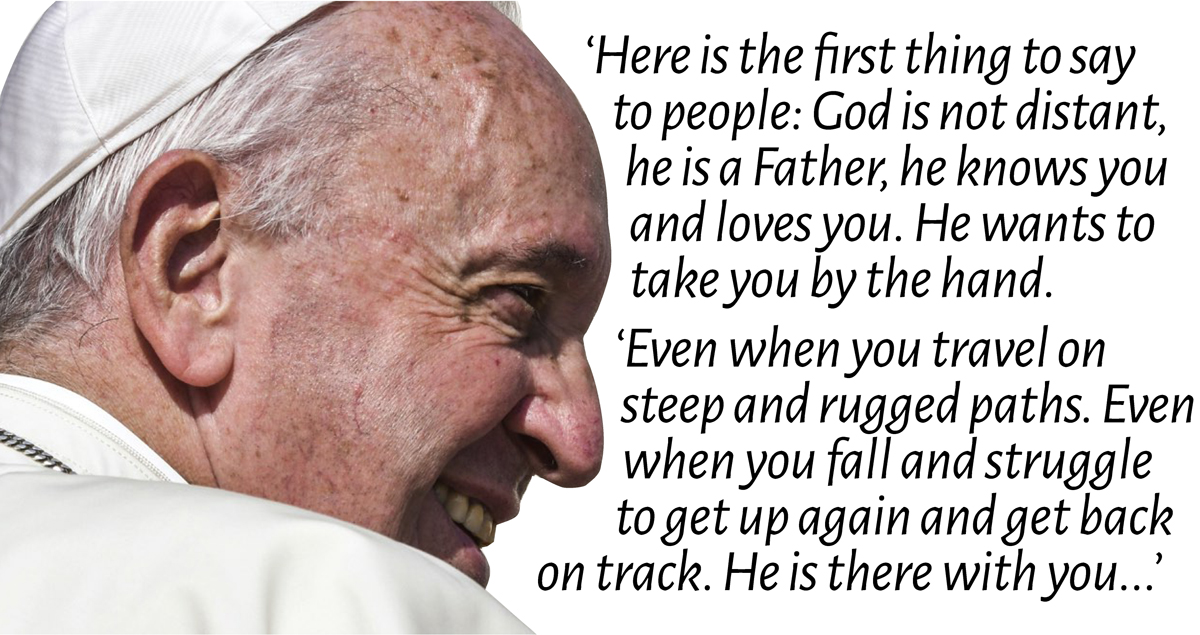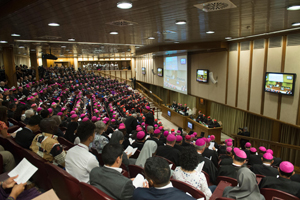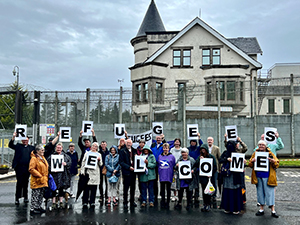
Official Journal of the Archdiocese of Glasgow
July/August 2023


Official Journal of the Archdiocese of Glasgow
July/August 2023

Church

Priorities highlighted by parishes across the Archdiocese in last year’s Synod consultations are to be discussed in Rome in October at the worldwide synod gathering with Pope Francis.
Read more…
Dungavel

A powerful plea to offer a welcome rather than a hostile environment to migrants was made by Archbishop Nolan during a solidarity protest at the detention centre in Dungavel, writes Ronnie Convery.
Read more…
Anniversary

Supporters of Stella Maris, the Catholic charity which cares for seafarers in ports throughout the world, returned to the Glasgow church where it all began as part of a round Britain sailing pilgrimage to mark over 100 years of service to sailors and seafarers.
Read more…